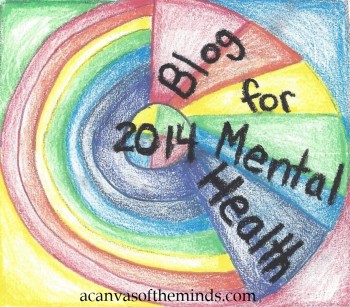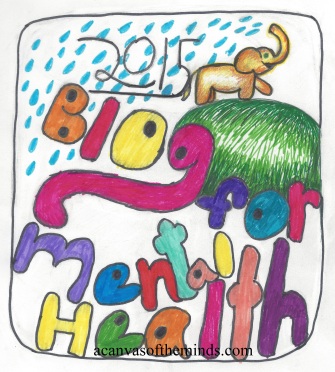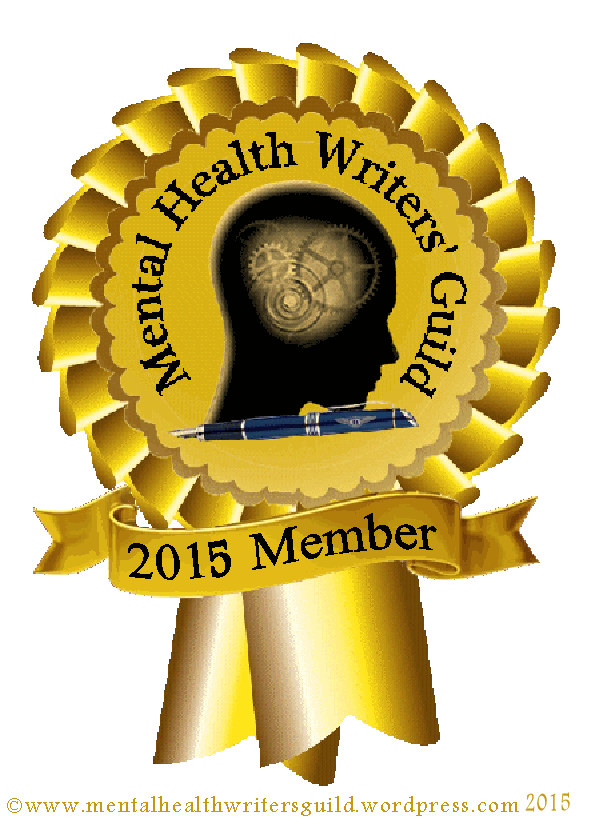Because confronting their friend will most likely put a strain on their relationship. It’s rare that the person who is being confronted says, you’re right. I do have a problem and I want to get help. Thank you for saying something. Confronting them may just be one step in a long series of steps toward getting help. It may not get the person into the counseling center right away, but it may plant the seed of recovery in their mind.
I’ve had many clients with eating disorders acknowledge that even though they would have denied having a problem at the time, they still wanted someone to say something about their 30 pound weight loss. And I’ve heard many clients in recovery say that although they were mad at the people who tried to help them at the time, they played an important role in the process of accepting their disorder.
I know all of this, but I’m still afraid to do it. Maybe they’ll be angry and yell at me, and I hate being yelled at. Or maybe something else will happen that will feel terrible, but I can’t put into words what it is that I fear. So I have to think about what day I want to ruin. What day I want to be incapacitated. I haven’t found that day yet. But I need to, because I gave my word that I would say something.
I don’t even have to do it in person, since I live so far away. I just have to make a phone call. And in my defense, I have tried to call a few times, but the whole time I was praying that he wouldn’t answer. Luckily for me, he didn’t. He never answered and never called back, which is unusual. Perhaps he knows why I’m calling, and he doesn’t want to have this conversation, either. Which makes it that much harder to force it to happen.
I ordinarily pride myself on accepting challenges, mental toughness, and doing the right thing. But in this case, nothing has motivated me to move closer to having this conversation. Not prayer, or meditation, or talking my therapist. Not even guilt and shame.
So I thought I’d blog about it and see if that helps. I’ll let you know.










